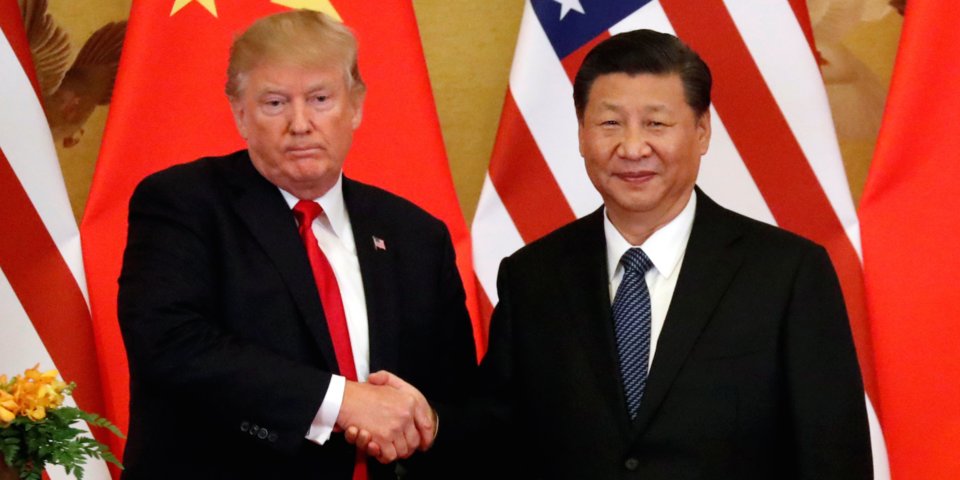South East Asia Might See A Boom In Trade

With Covid-19 where demand for oil has gone down, the supply of oil has also faced a setback. The supertankers that used to deliver about one-fifth of the world’s oil are standing idle on ports. The ports of Pakistan, India, and Bangladesh are where most of these tankers when become obsolete. At these ports, these supertankers are sold as scraps or burnt down. Ports of these countries are likely to see a boom in their trade due to the declining trade of oil.
Transport companies had to subsidize the delivery cargos, last week, to compete in the surplus market. With the dip in trade of oil, a surplus of 1,200 feet vessels has been made on the oceans. Especially on the routes from Middles East to Asia, the biggest oil trade routes in the world.
Last year with the worldwide spread of the Corona pandemic, every country had implemented lockdowns. Lockdowns stopped any kind of transportation activity which in turn reduced the consumption of oil. Hence diminishing the demand for oil all over the world. At one point oil prices in the US went down to as low as $1 per barrel.
This caused a huge chunk of supertankers to stay idle for months which now are close to complete their life soon. The decline in the oil trade caused a surplus of supertankers but also reduced the prices of oil. Now Saudi Arabia and other big oil producers are storing millions of oil barrels to cause a surge in oil prices. Where supertankers were already in surplus, a large number of additional supertankers have gone idle too.
Owner of the world’s 3rd largest supertanker fleet, Euronac NV’s, head investor Brian Gallagher voiced his concerns a few days ago. Gallagher said it is hard to imagine a worse scenario than the one faced by tanker owners currently. He added that when scrap prices are so attractive the situation changes for those who have older stocks.
Many executives of tanker companies have refrained from talking on the issue of rising problems in the tanker business. Clarkson Research Services Ltd. believed that approximately two percent of the vessels will be demolished by the end of 2021.
The markets of Pakistan, India, and Bangladesh may see a boom in the trade of scraps in 2022.



















